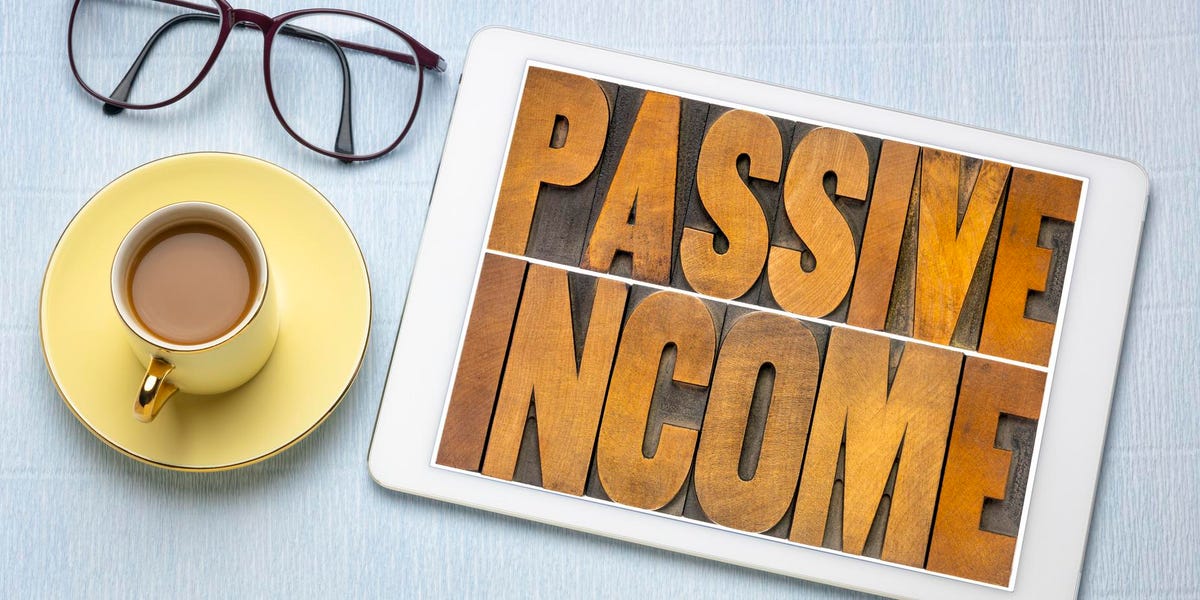A Google search on successful job interview preparation tips will generate more than 2 million web pages full of techniques to help you achieve that leap in your professional career. However, you have probably heard these tips hundreds of times.
First of all:
If you have been called, congratulations! This means that the recruiter has seen potential in you. It is your moment to ratify that you are the ideal candidate.
Therefore, today we will see some tips to have a successful job interview, so that you take a step forward in the selection process, towards your hiring.
Here we share with you some tricks for a successful job interview
1. Know the company that will interview you
Before the job interview, take the time to know a little about the company that has cited you for the job interview. Although this is a step that you must take when making your CV, it will be useful to read it again, since you probably do not remember it in detail.
Also, if you have any questions regarding the company, here you can find out more. The rest of the questions, you can ask the interviewer.
Know the activity of the company, its values, objectives, vision, branches, and even its CSR programs. All in a general way, but paying attention to details that may be useful to mention, indicating that you know something about it or that you are interested in the subject.
In a job interview, everything you know about the company will be useful.

2. Review your resume
Read everything you have recently placed on your resume and be prepared to confirm it, as the employer will ask you more specific questions about it.
Among the most common questions, usually appear your responsibilities within the previous charges and why you resigned or want to resign.
Do not forget to print your résumé and take it physically to take it. Even if you have sent it by mail, it is best that you give a physical copy to the interviewer, as it is possible that you have not printed it.
If possible, also carry a portfolio with samples of your work.
If they are digital samples, you can take a tablet to show it, but try to make it just for that. Disables any type of notification that may arise while you are showing it.
3. Prepare for the interviewer’s questions
When you are being interviewed, the recruiter will ask you questions, not only about the knowledge you have but about your qualities as a professional.
It is likely that I will ask you what your greatest virtues are, but also what your greatest faults are. Do not improvise at the moment. Prepare for that and other questions, thinking about how you can compensate for these weaknesses.
For example, if one of your faults is that you try to do too much at the same time, you must recognize it, but you can say something like: “For that reason, I like to organize everything when I start my work and in that way I will keep doing it in an orderly manner”.
If you tend to be too detailed, you can defend it by saying that you like to assign a specific time to do a planning and speed up the work.
As you see, it’s about making people see that, even if you’re not perfect, you can turn your weaknesses into opportunities.
4. Take care of your personal appearance
To attend the interview, you must wear appropriate clothing for the job. Try not to arrive with jeans, even when the company allows it in the work clothes. Use closed and well-polished shoes.
Do not wear dark glasses, hats or accessories too flashy, you must dress with sobriety and good taste.
Arrive with the hair in order and try not to use an extravagant haircut.
If you are a man, see well shaved. If you leave a beard because it is fashionable, because it makes you look better, etc., go to the barber a day before and give it shape. You should not see yourself as careless in any way. Professionalism at every point is what is expected of you.
5. Arrive early
Leave plenty of time from your home, especially if you do not know the place or facilities well. Remember to take all your documents, in case they ask you to access.
You should try to be at the interview site 5 or 10 minutes beforehand. It is no secret that companies can call several candidates per day. There will be other people waiting to be interviewed and if you arrive late, you can even lose your turn. Also, when entering the interview you should not appear tired or agitated to come running.
Remember:
If the appointment for the interview was made by mail, you must confirm your attendance by the same means.
6. Turn off the phone
Or put it in silent mode to not receive notifications of messages or calls that interrupt the interview, as this can deconcentrate. On the other hand, it does not look good that they have not hired you yet and you are already distracting yourself with your mobile phone.
Make sure that any personal issues that you have to attend are covered during the time you are going to be out in the interview. You do not want to look rushed or distressed.
7. Smile and be kind
Once you enter with the interviewer, politely greet with a good morning or good afternoon, as the case may be. If you extend your hand, return the greeting with a sure squeeze, but not too strong.
Then go ahead and wait for them to indicate you to sit down. Sit up straight and keep your posture, do not drop your shoulders or put your elbows on the table. Nor should you put anything that is not your resume or an agenda on the table.
Try not to cross your arms and watch your gestures when speaking, since you should avoid exaggerated or excessive gestures.
Look the interviewer in the eyes to answer your questions, but not in a very insistent way. Also, take care of gestures that reveal nervousness, stay calm and confident.
8. Respond safely
Smile kindly, but without exaggeration and use a cordial language. Stay tuned to the interviewer’s questions to answer for sure. To do this, you must think about your answer, but do not take too long to answer, since that may denote doubts about the answer.
When you are in the interview and the recruiter is telling you about the work, try not to interrupt when you speak so that it is explained well. Then you speak. This is where you can ask the questions and queries that you have to solve.
It is positive that you let him know that you have a look at his site (fan page, etc.) and make a positive comment about it, regarding the company, its values or some aspect that you like and with which you identify.
The same can help you answer in case you are asked the question “why would you like to work with us?” Or “How can you help improve the company?”.
While conversing with the interviewer, keep a professional language and speak at a regular speed. Not very slowly, but do not speak fast either, as if you were nervous. Remember to be clear but brief, do not extend too much in explanations if they have not requested them.
If the recruiter asks you questions about you, focus on giving answers about your experience and knowledge. Here you can emphasize your strengths and virtues, as well as your achievements in previous jobs.
9. Be positive and avoid bad comments
It is important that you avoid high-sounding words, foul or overly colloquial language during the interview.
Beware of the use of phrases such as: “I mean, well, this, right”, and other similar. If you usually use them, a tip that can help you when preparing a job interview is to record yourself, listen and try to repeat everything by omitting those words or phrases.
Also avoid answering alone with yes or no, always try to give an explanation. Above all, if your work history has periods of inactivity you should know how to justify them. Do not avoid answering and do it safely.
Imagine, for example, that you spent 6 months without work. But during that time you dedicated yourself to take a course that will be useful for your career or to work on your own. Most recruiters tend to take it positively because it means you were not stuck.
You can explain to the person interviewing you what is the activity you were developing during the time you did not work, so you can see how that period helped you to grow professionally or in knowledge, even without being hired.
A very important tip:
For no reason should you speak badly of your work or past bosses? Nor from other companies that you worked on before. Much less say things like “you know all the secrets about the competition” since that could make you look like someone unethical.
Be positive about the things you say. For example, instead of saying “I have months looking for a job and I am urgent”, say: “I have been preparing during this time and I am available to start and put into practice what I have learned in the workplace”.
10. Close the interview with cordiality
When the interview is ending, ask the interviewer when there will be a resolution. Do not forget to thank him for the call and tell him that you will be aware of the news about the hiring.
Say goodbye briefly and cordially, just as you entered, and when you retire, take care not to turn your back and do not hit the door.
Do not forget to smile and greet also at reception, if there is one. Sometimes, the interviewer can be who will be your immediate boss and the person at the reception is usually someone with whom you can possibly make a quick or casual consultation.
To overcome a job interview, you must make the best impression on all the people you deal with within the company.
After the interview, get an analysis of what you can improve for the next interviews.
In conclusion
As you can see, many aspects are seen in the selection of personnel. The interview is one of the most important selection phases for the recruiter to make the final decision.
Therefore, preparing a job interview is key to doing well during the interview. Aspects such as cordiality, arriving early and being kind should be complemented with security when responding.
But above all, trust is the main ingredient of a successful interview. Show confidence in your answers and in the tests when speaking and acting.
To finish, in the cases of internet or telephone interviews, remember that preparation is also very necessary, as well as maintaining calm and cordiality.
Review these tips once you have updated your resume and many successes in your next job interview!
If you liked this article, do not forget to share it with your friends with a comment on your social networks.


